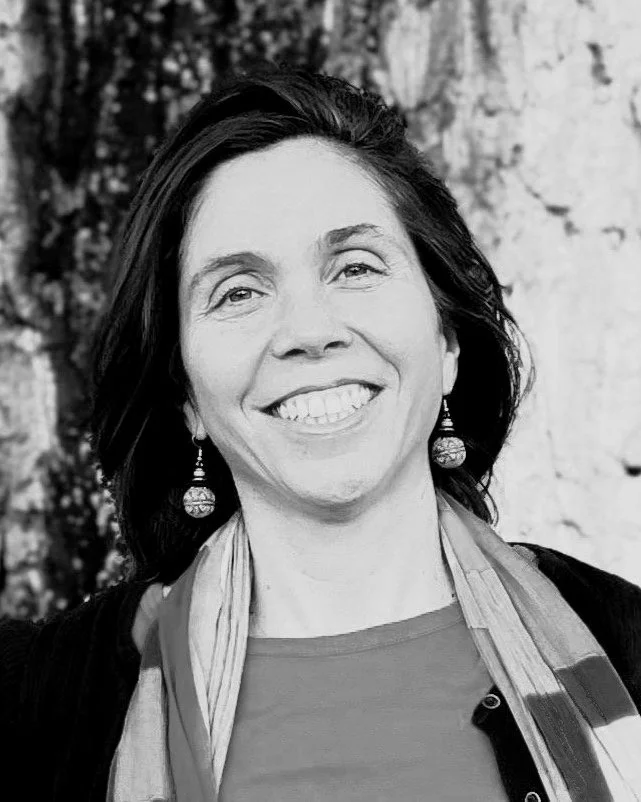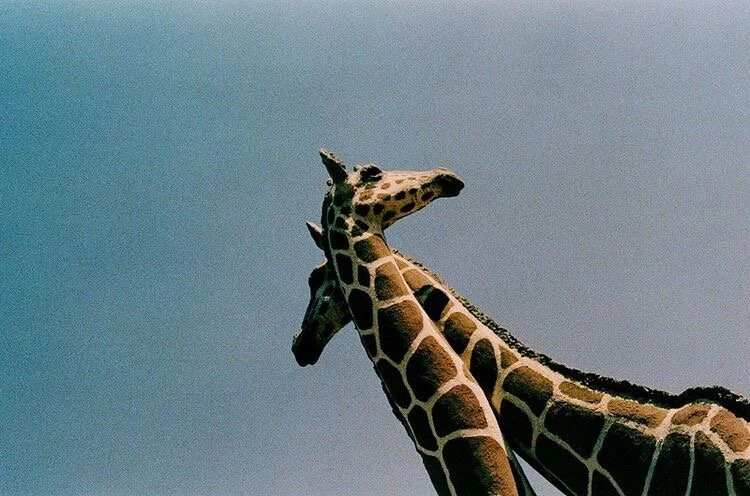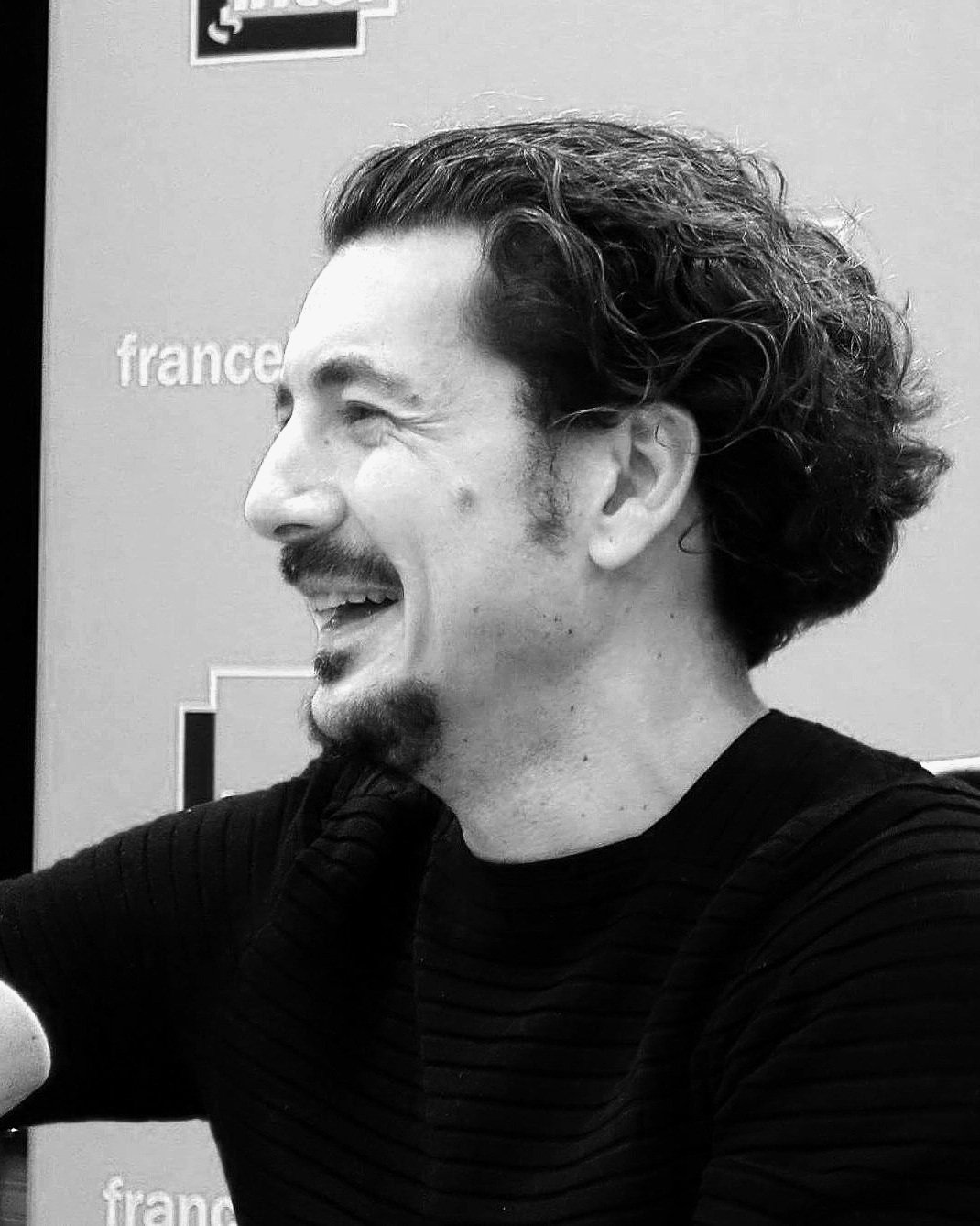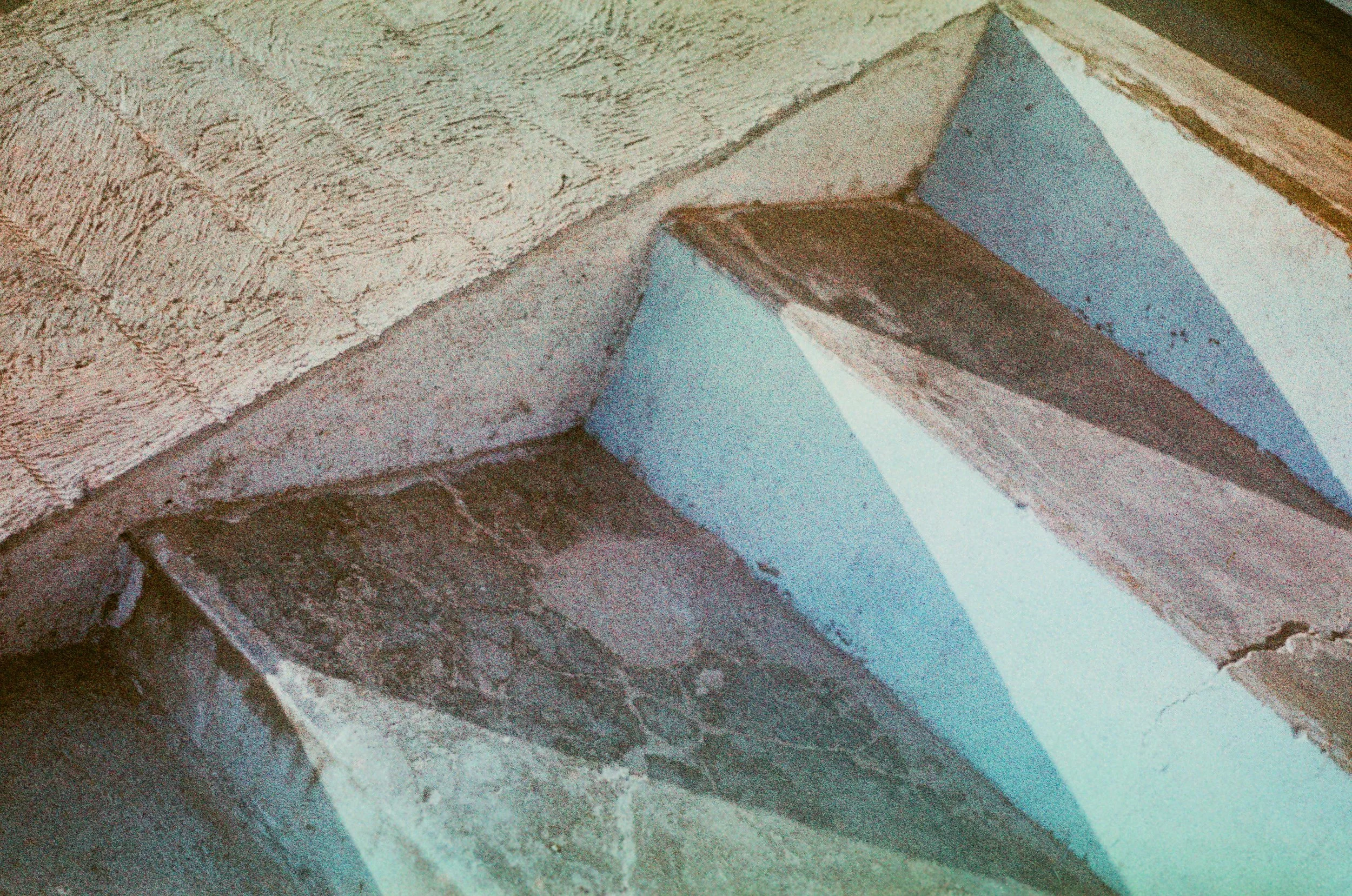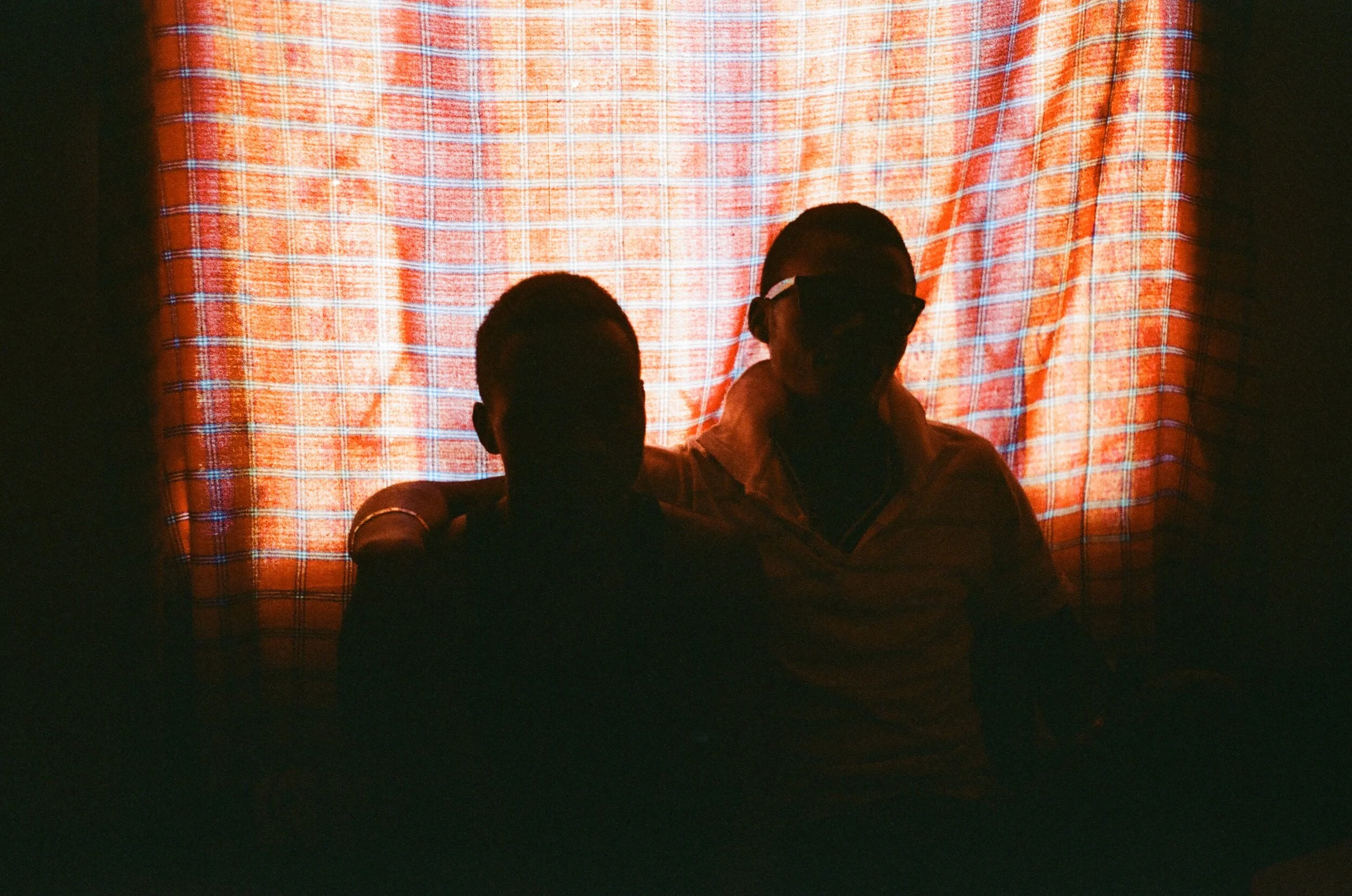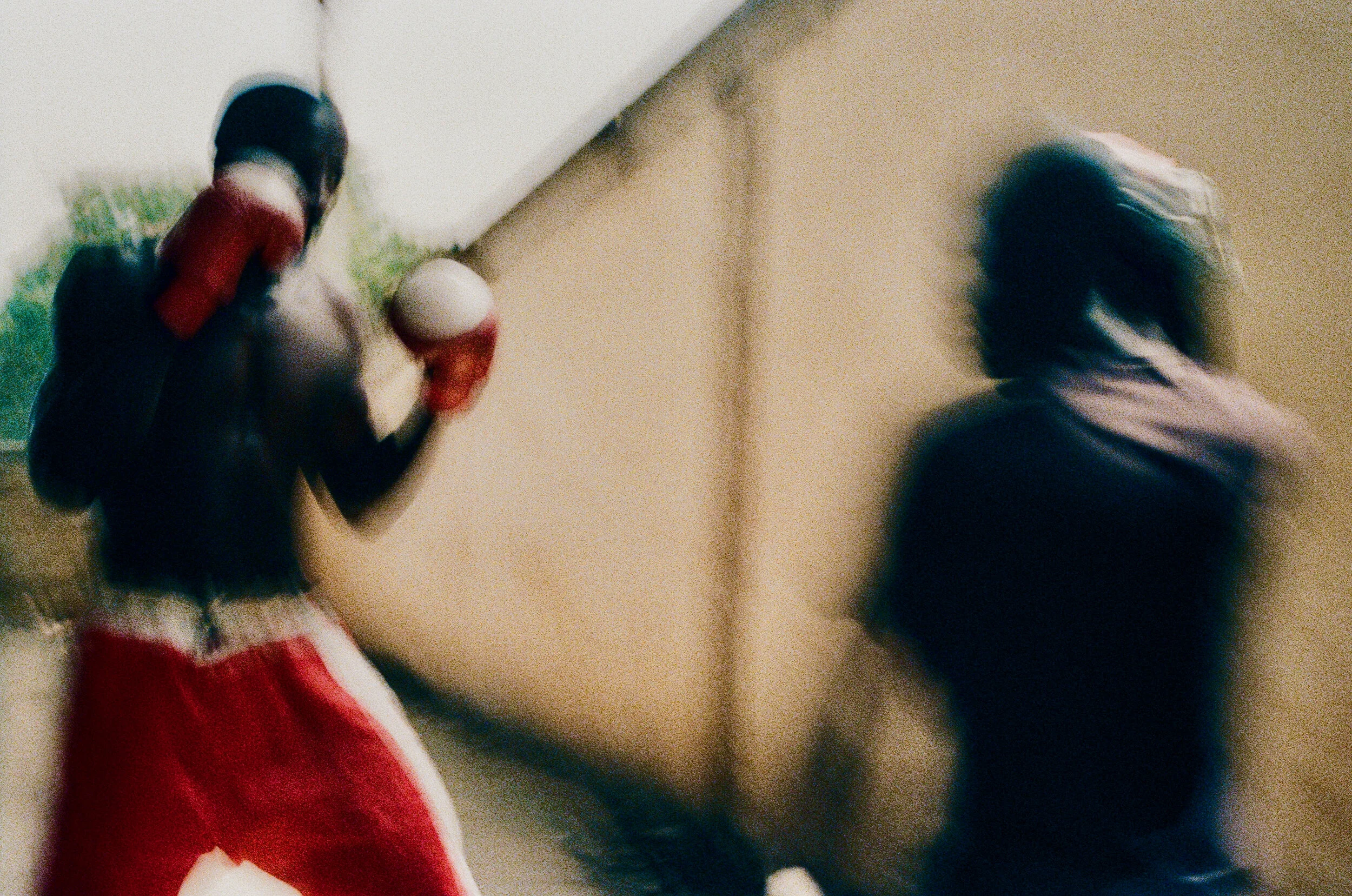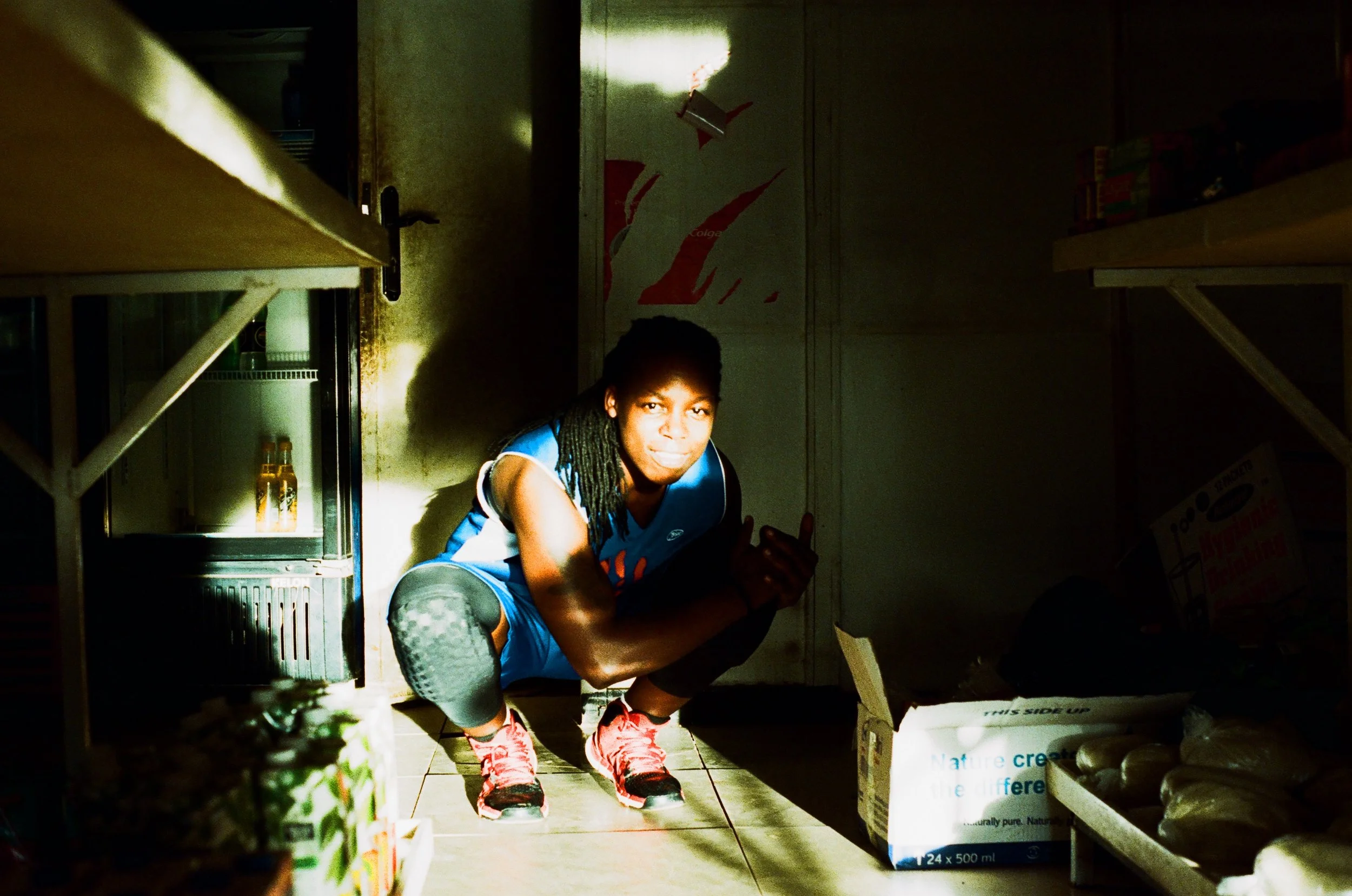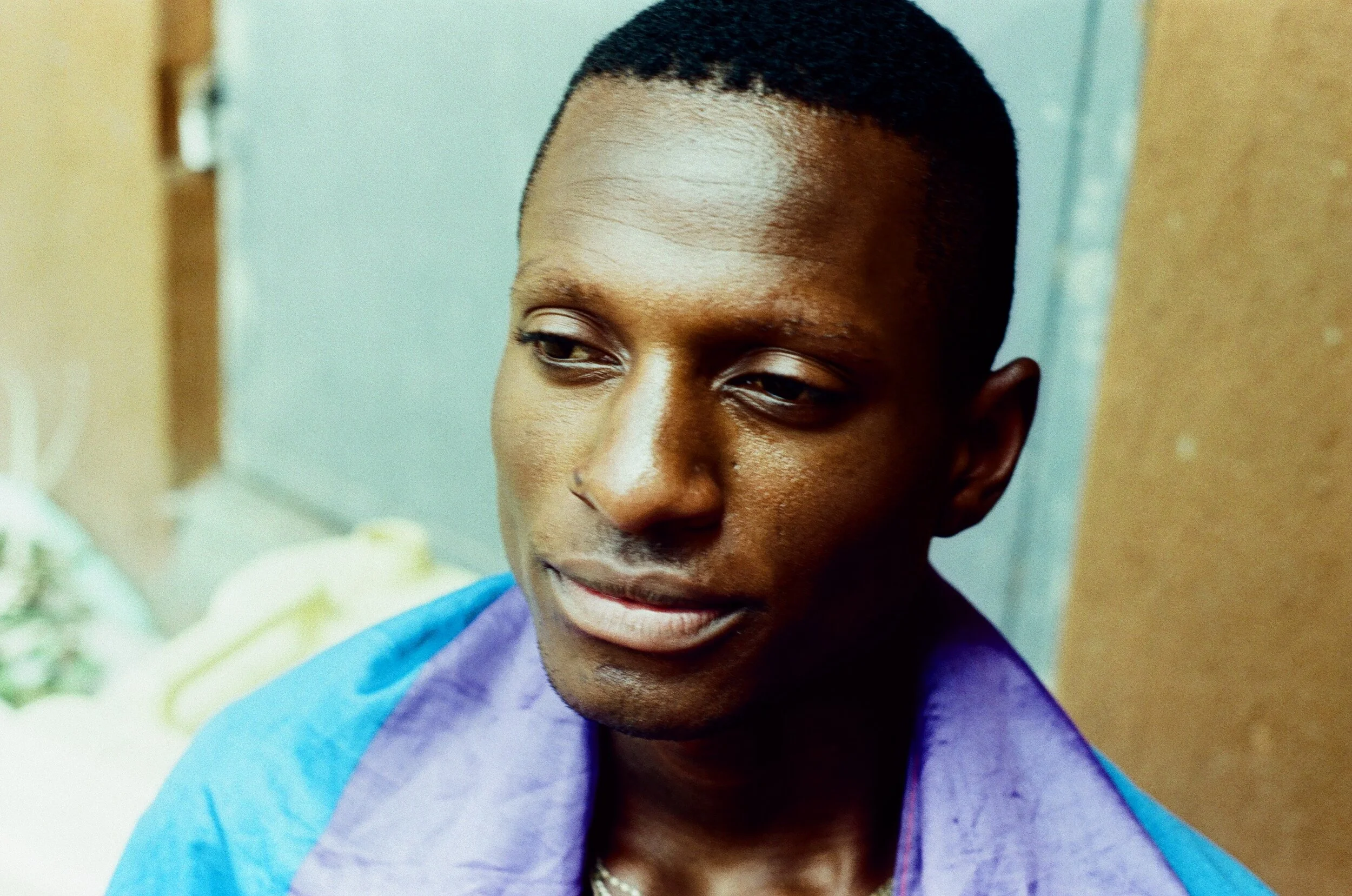Marie-Agnès is a humanitarian practitioner, who has been working in different post-crisis contexts, mainly as field coordinator, in charge, amongst others, of strategy development (exit strategies and long-term ones) and network facilitation. After having worked for 3 years in ex-Yugoslavia, dealing with peace-building and peace prevention issues, she decides to strengthen her theoretical background and take time to think about her experience to improve her field skills. She studies the "sociology of conflicts" and works as a researcher at the Peace Research Center of the Catholic University of Paris for 2 years. She is convinced that the research and humanitarian fields should work more closely together.
She therefore decides to go back to the field and continues ensuring that research is taken into account and used in the projects over the years she spends abroad. Back to Paris, she works as a Desk Officer, and then Director of Operations at the French Red Cross. She was then asked to facilitate the participatory development of the 10 years strategy of the international action of this organization. She identifies useful resources at the IARAN and develops her skills and the ones of her organization in prospective strategy. She is still supporting the work in this field.
Her research topics and work are focusing on enhancing the capacity and the role of national organisations in their country and towards international actors based on her long-term experience with the 2 largest international networks (Caritas and the Red Cross). She is also very much involved in change management and social impact evaluation. She has published a book on evaluating the impact of a peace-building projects.









